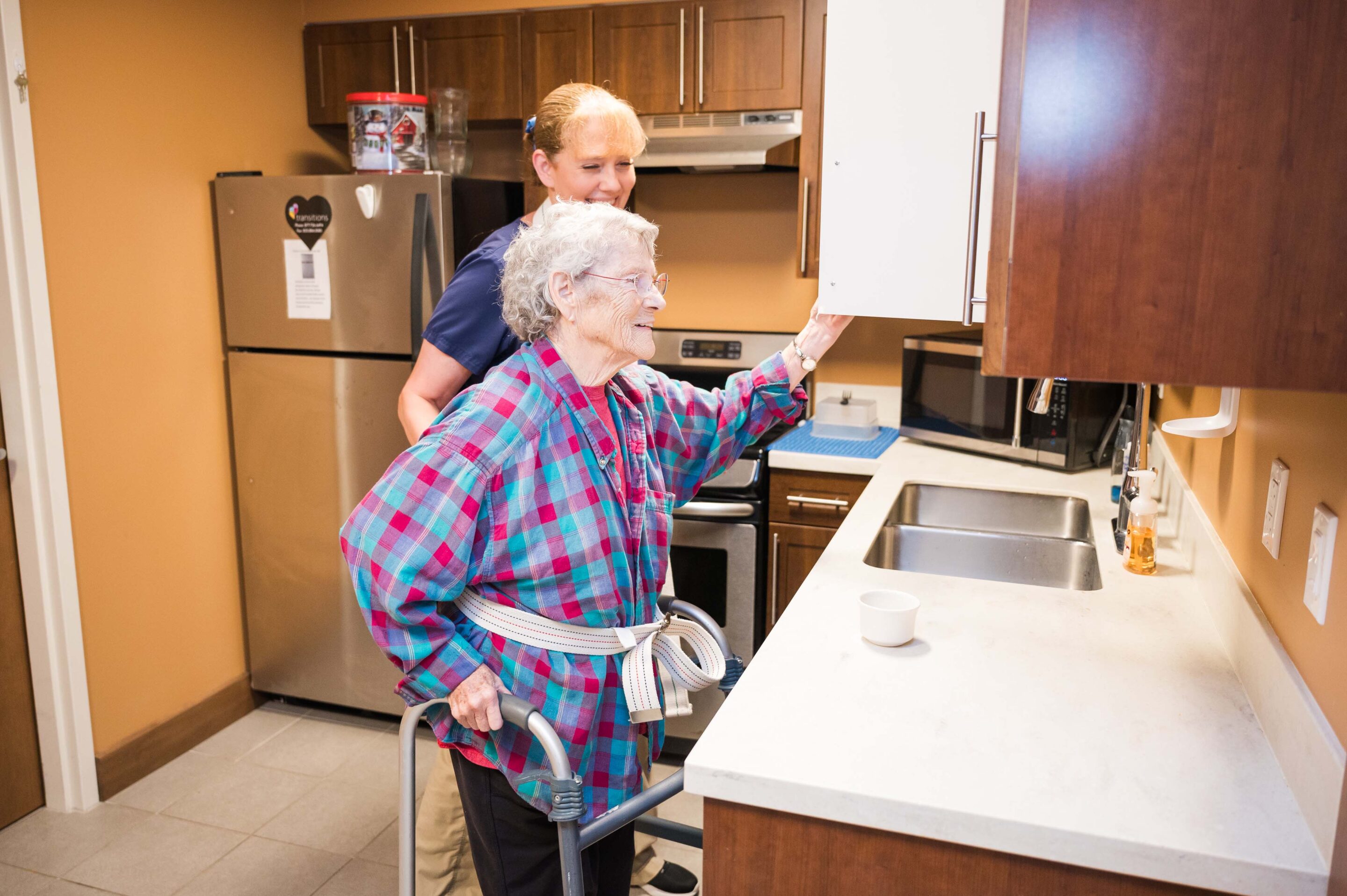Skilled Nursing focuses on providing compassionate, person-centered care to create environments where residents thrive. Of the numerous types of care offered in these facilities, occupational therapy plays a crucial role in enhancing lives—not just for residents but also for caregivers and families. Understanding how occupational therapy supports independence, emotional well-being, and day-to-day enjoyment can help you make informed decisions about your loved one’s care.
What Is Occupational Therapy?
Occupational therapy focuses on helping residents overcome physical, cognitive, and emotional challenges to lead fulfilling and independent lives. By addressing everyday activities like eating, dressing, navigating spaces, occupational therapists support the process to regain autonomy. Rather than using a one-size-fits-all approach, this type of therapy is highly adaptable and considers each resident’s unique goals, challenges, and strengths.
At its heart, occupational therapy isn’t just about rehabilitation—it’s about empowerment. By enabling residents to engage in meaningful activities, occupational therapists play a vital part in improving quality of life.
How Occupational Therapy Benefits Residents
Residents are the central focus of skilled nursing care, and the implementation of occupational therapy delivers numerous life-enhancing benefits. These include:
Improved Quality of Life
Imagine the joy of being able to do something you once thought impossible. Occupational therapy helps residents rediscover everyday activities, from enjoying hobbies to interacting socially. With personalized therapy plans, residents can return to the meaningful experiences they once missed.
Enhanced Independence and Mobility
Maintaining independence is a core goal in Occupational therapy. Through exercises, mobility training, and assistive devices, residents can regain confidence in their ability to perform daily tasks. Whether it’s standing up safely, navigating with walkers, or even regaining the motor skills to enjoy their favorite pastime, occupational therapy fosters autonomy while reducing the need for assistance.
Cognitive and Emotional Support
Adjusting to life in a skilled nursing facility can be emotionally challenging for many residents. Occupational therapy provides cognitive support by helping residents sharpen their memory, attention, and problem-solving skills. Simultaneously, therapists address emotional well-being through activities designed to ease stress, build confidence, and nurture positive mental health.
How Occupational Therapy Supports Caregivers
Caregiving for your loved one is often emotionally and physically intensive. Occupational therapy extends its reach to equip caregivers with the tools and strategies they need to provide better care—and ensure their own well-being in the process.
This support can:
- Empower confidence in caregivers through training and techniques
- Reduce stress to help caregivers avoid burnout
- Equips caregivers to adapt to residents’ evolving needs
By extending this support to caregivers, it ensures more positive and well-rounded care for the residents.
Integration of Occupational Therapy into Skilled Nursing Facilities
For occupational therapy to achieve its full potential, it must integrate seamlessly within the broader framework of skilled nursing care. Successful implementation relies on several key aspects:
Team Collaboration
Occupational therapists work in tandem with physicians, nurses, physical therapists, speech therapists, and social workers. Collaboration among these professionals ensures comprehensive care. For instance, input from a physical therapist might inform an occupational therapist’s focus on mobility exercises, while nurses may share insights into a resident’s day-to-day challenges.
Tailored Therapy Plans
Every resident is unique, and therapy plans need to reflect this. Occupational therapists design personalized plans that consider individual conditions, preferences, and goals. From wheelchair training to sensory stimulation for cognitive health, no detail is overlooked when designing an approach that works.
Ongoing Monitoring and Evaluation
Progress isn’t static—it evolves. That’s why occupational therapists regularly assess residents, adjusting therapy plans based on improvements, setbacks, or changing needs. This adaptability keeps therapy relevant and effective, ensuring the best outcomes over time.
Education and Empowerment
Empowering residents and their caregivers is a key component of successful occupational therapy. Therapists provide education on techniques, tools, and strategies that residents can use in their daily lives to maintain independence and manage challenges.
The role of occupational therapy in skilled nursing care is more than rehabilitative—it’s transformational, restoring independence and supporting mental and physical well-being.
When skilled nursing facilities pair occupational therapy with a holistic, person-centered approach, they redefine the care experience. It’s no longer just about addressing challenges; it’s about empowering real progress and joy.
Take the Next Step
Empowering residents through occupational therapy is just one of the many ways Vonderlieth Living Center prioritizes well-being and independence. Here, care goes beyond the basics to create a space where residents can thrive, regain confidence, and enjoy meaningful connections. With our compassionate team and vibrant community, we strive to make every day an opportunity for progress and joy.
See the Difference for Yourself!
Experience how Vonderlieth Living Center blends expert care with a warm, welcoming atmosphere. Schedule a tour today to explore our tailored therapies, engaging community programs, and beautiful campus. We’d love to show you what makes Vonderlieth the right choice for your loved one. Contact us now to plan your visit!

